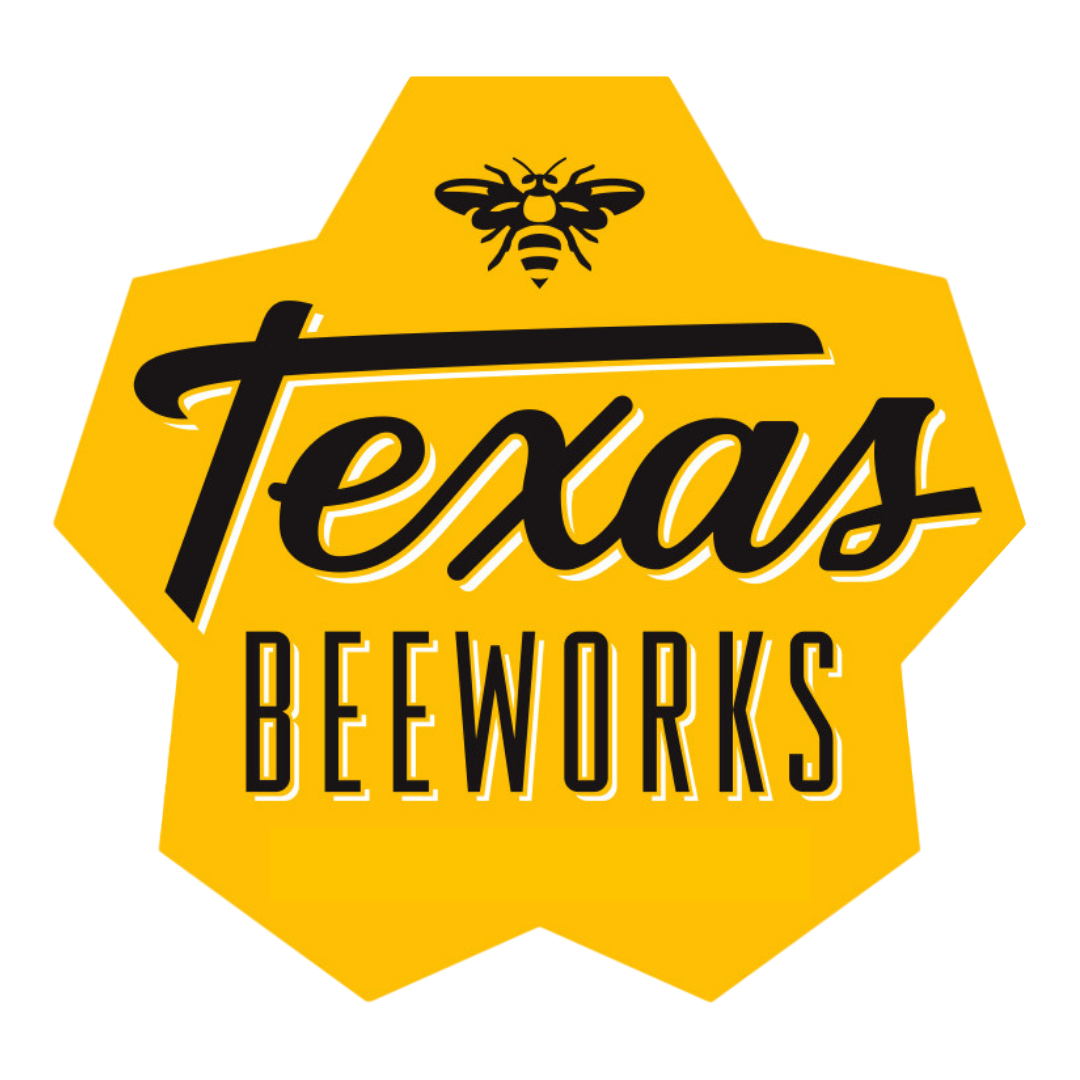FREQUENTLY ASKED QUESTIONS
WHY DO YOU OFFER YOUR BEE REMOVAL SERVICES FOR FREE?
Nobody plans on having bees move into their home or property, and the average cost for professional bee removal services can range from a few hundred dollars to a few thousand dollars. No one should have to make a choice that compromises their safety or the safety of the bees due to costs. Also, sometimes the person who contacts us to request a bee removal is not the property owner but rather a tenant, employee or concerned citizen.
HOW DO YOU OFFER YOUR BEE REMOVAL SERVICES FOR FREE?
Texas Beeworks has always operated in a way that put people (and bees) over profits, but after all the attention Erika began to receive for her bee removal work starting in 2020, she suddenly amassed a wonderful and generous following of bee lovers online. By filming and sharing her removal work, she not only educates the world about the work of bees and beekeepers, but she also supports her mission of offering expert bee removal work for free to people and bees in need.
HOW CAN I SUPPORT YOUR WORK?
Please follow us on your platform of choice—our favorites are
WHY DON’T YOU WEAR A BEE SUIT OR VEIL?
Erika always wears protective equipment when she needs to and she always recommends that beekeepers wear protective equipment when working with bees. Erika has 15 years of experience as a beekeeper and she is an expert in her field. She always takes the time and care to study the bees before entering their hive in order to assess their behavior. Erika feels that she can work with bees in a better way when she has full visibility, mobility and dexterity, which the protective suits and veils don’t allow for. She also lives and works in Texas, where it can get very hot, especially during the peak of bee season from April - September.
DO YOU EVER GET STUNG?
Yes. For a full-time professional beekeeper who lives and works around bees every day, getting stung is just part of the job. Erika is not immune to bee stings in any way, but she’s definitely more used to them than most people. She also knows what to do when she gets stung, and that’s to stay calm and remove the bee’s stinger from the skin immediately.
I SAW ANOTHER BEEKEEPER USE A VACUUM FOR A BEE REMOVAL. IS THAT OK?
Every beekeeper has their own methods. Erika does not ever use a bee vacuum. She simply does not believe that vacuuming bees is the most humane and respectful way to handle bees.
WHY DON’T YOU SELL HONEY?
Erika harvests a very small and sustainable amount of honey for her personal use and to share with her family and community and friends of Texas Beeworks, but she doesn’t harvest every year and she never sells the bees’ honey. Early on in her beekeeping journey, Erika discovered that harvesting and selling honey was one of her least favorite parts about beekeeping, so she stopped doing it. Honey is a colony’s food source in the winter or when nothing is in bloom. Each bee only makes 1/12th of a teaspoon of honey in her entire lifetime, and after seeing how hard the bees worked to make and store their food, Erika says it just made her “feel bad” to take their honey and turn around and sell it for profit.

